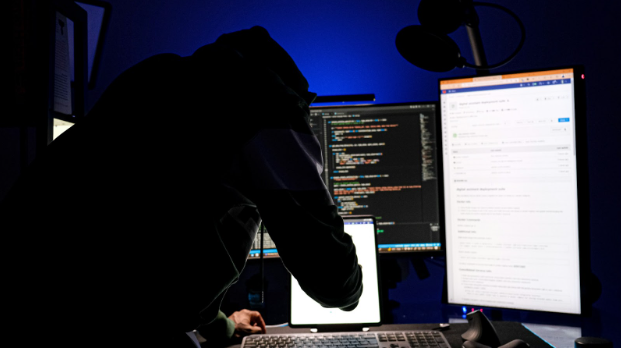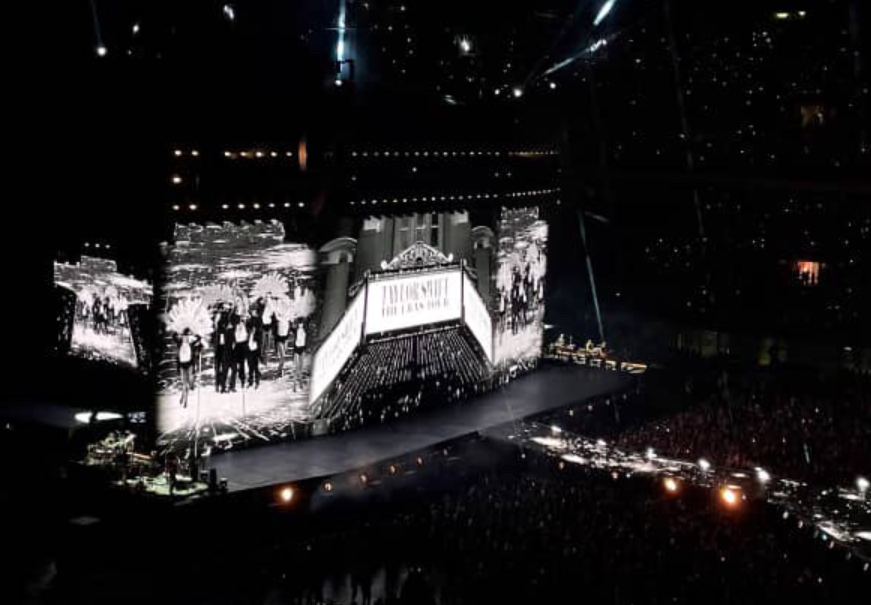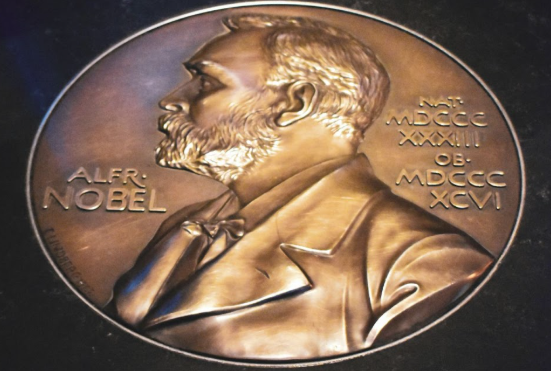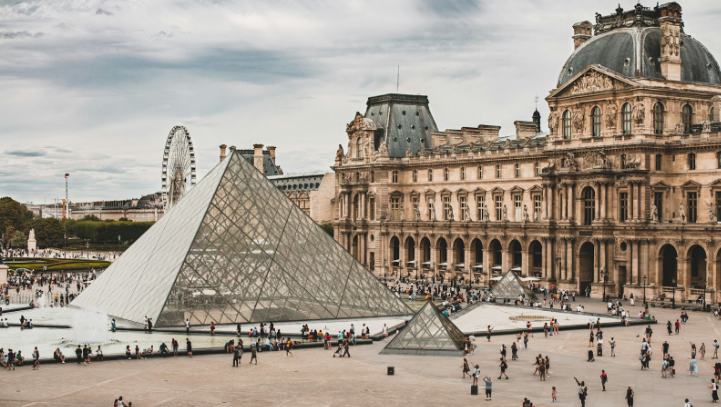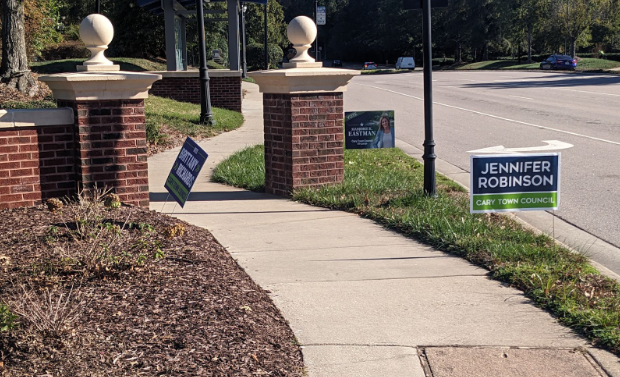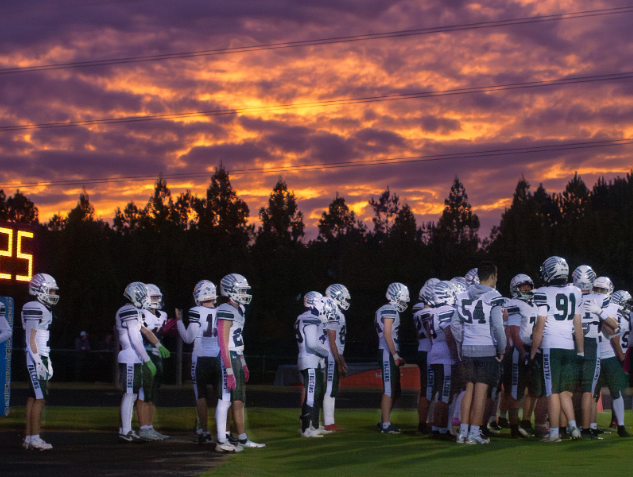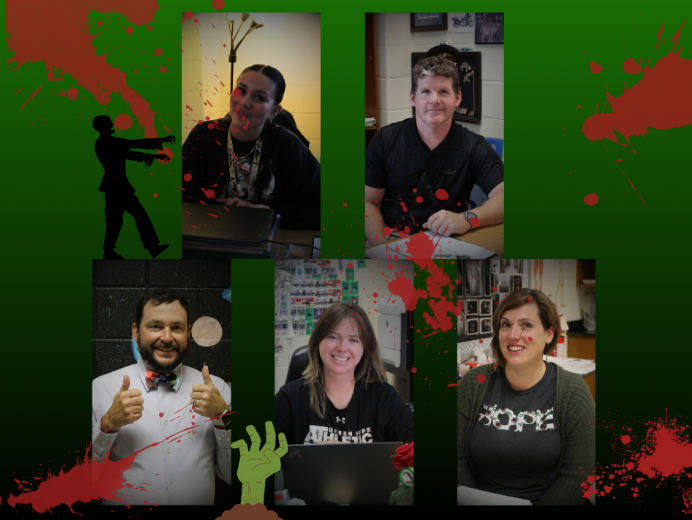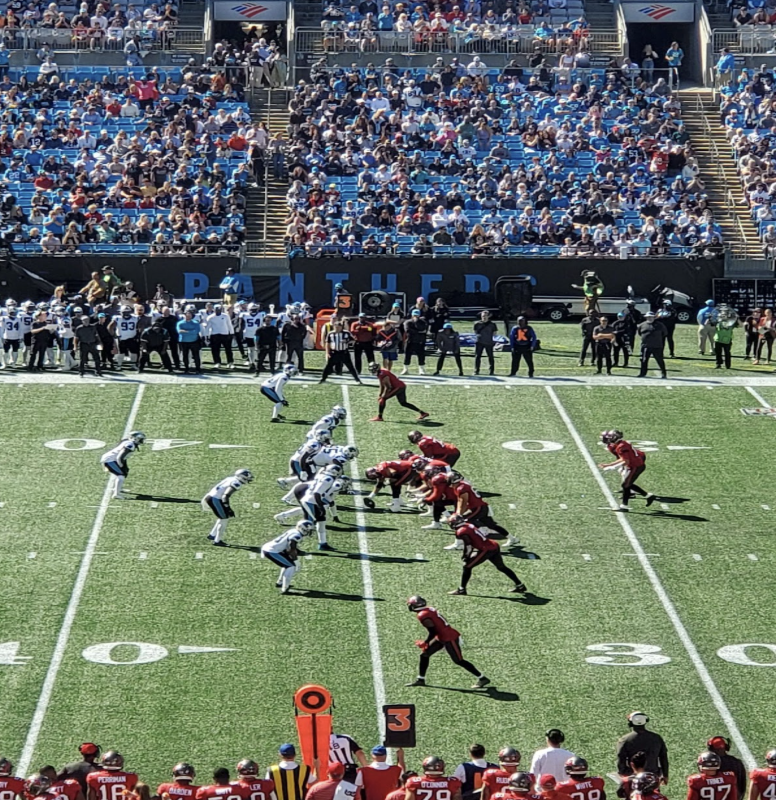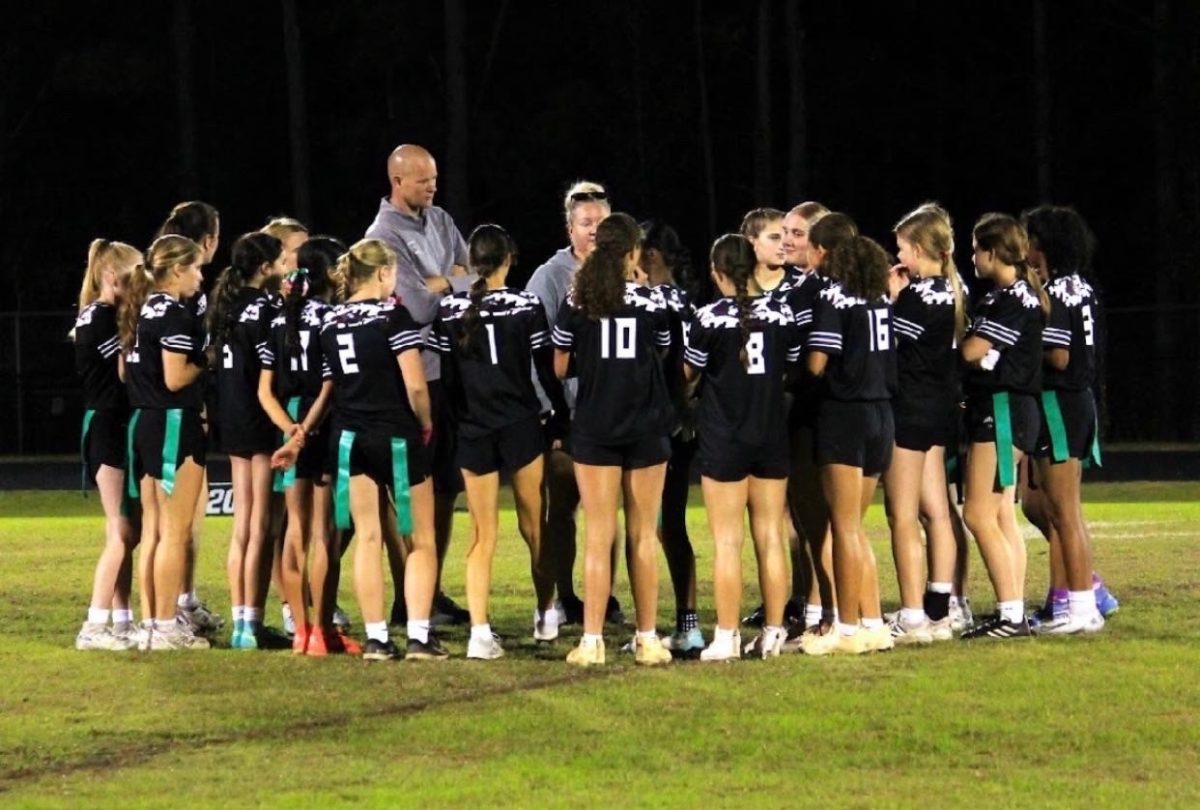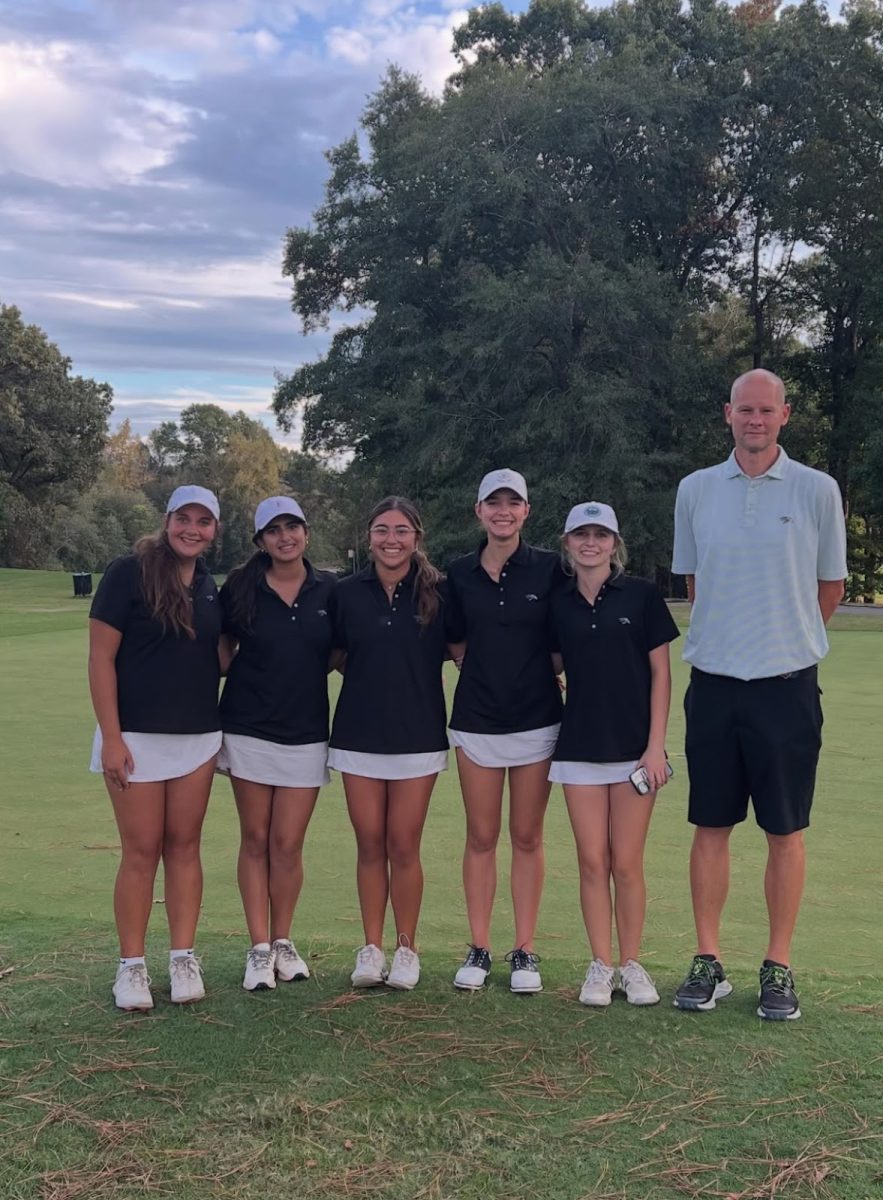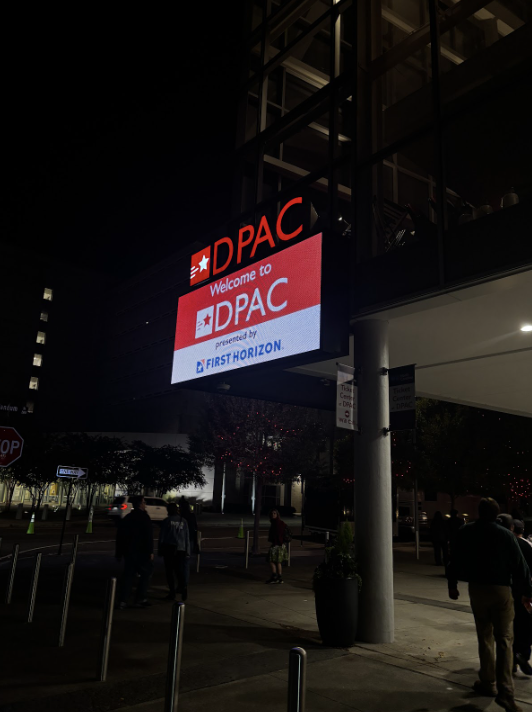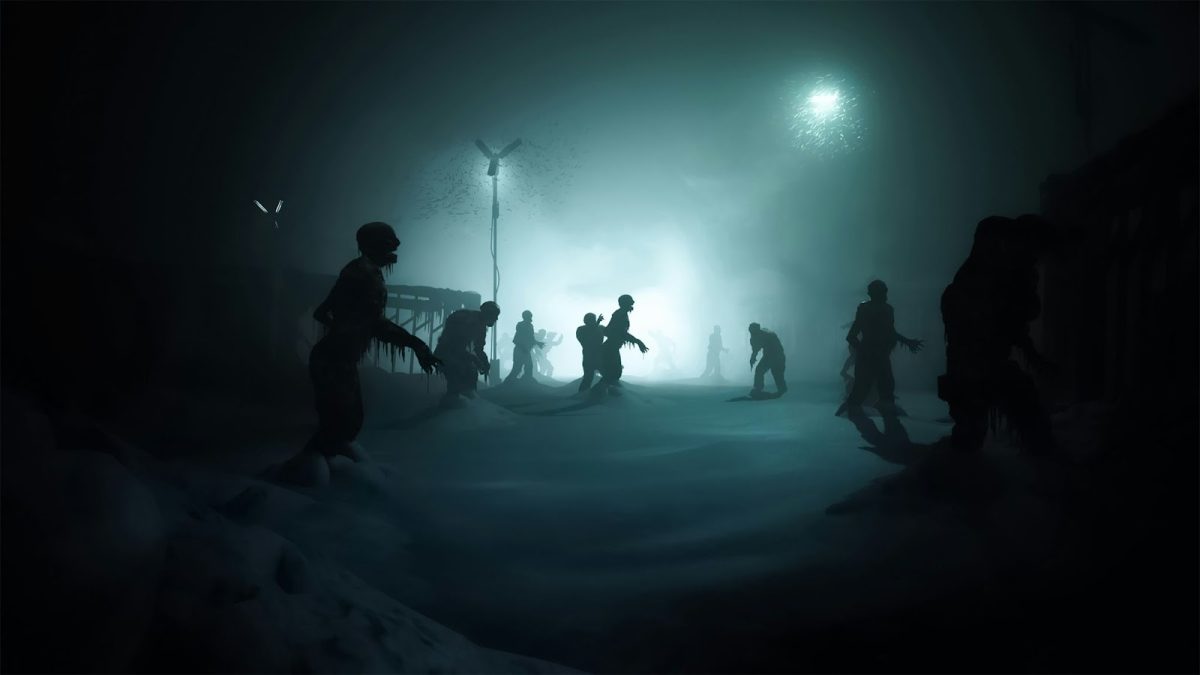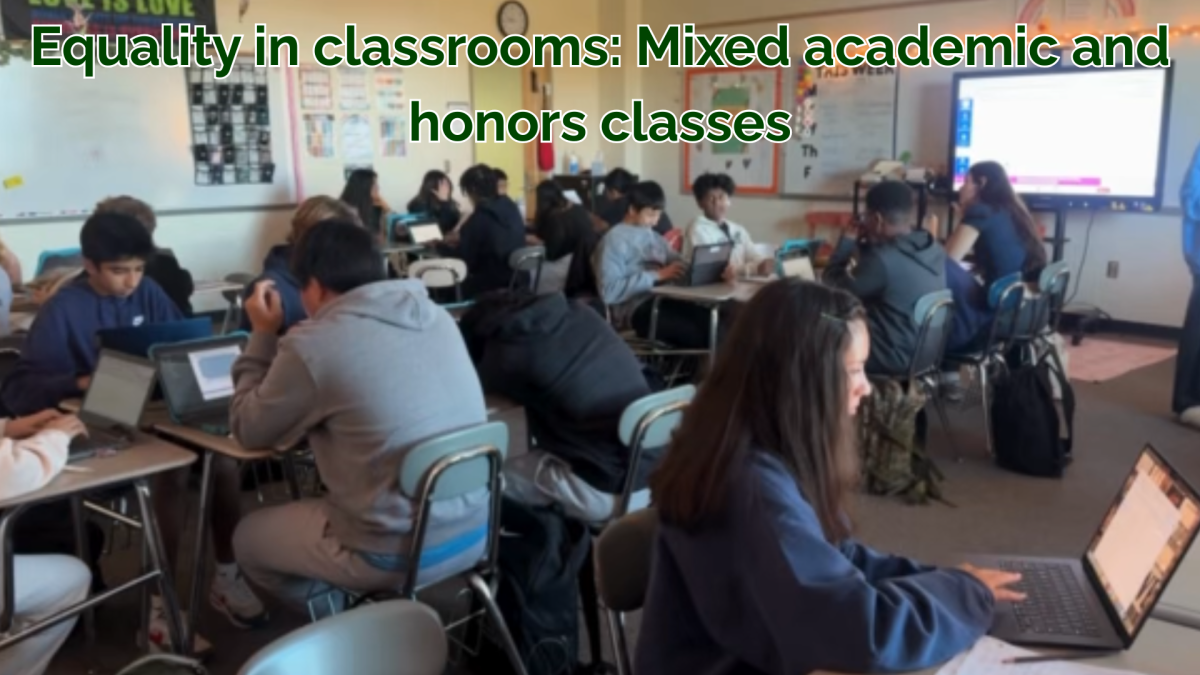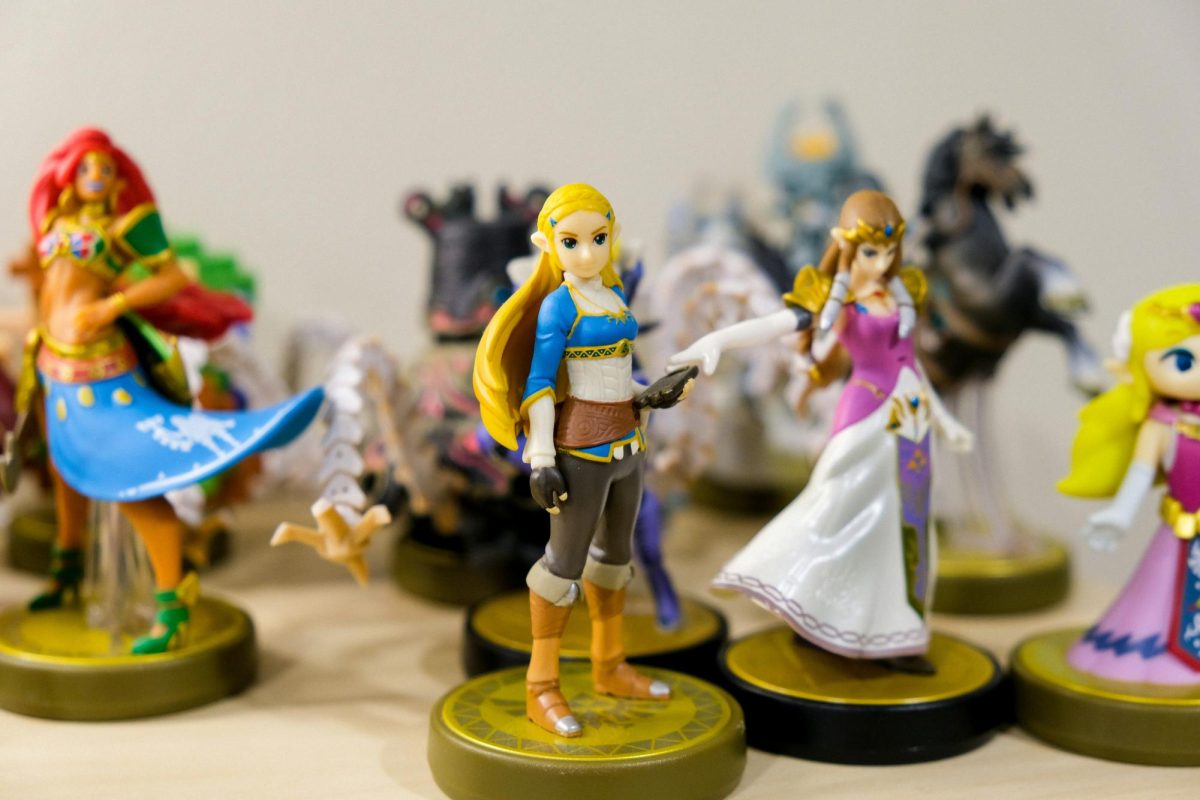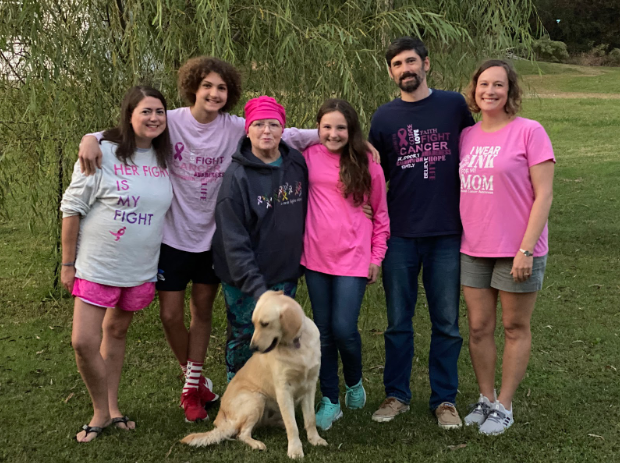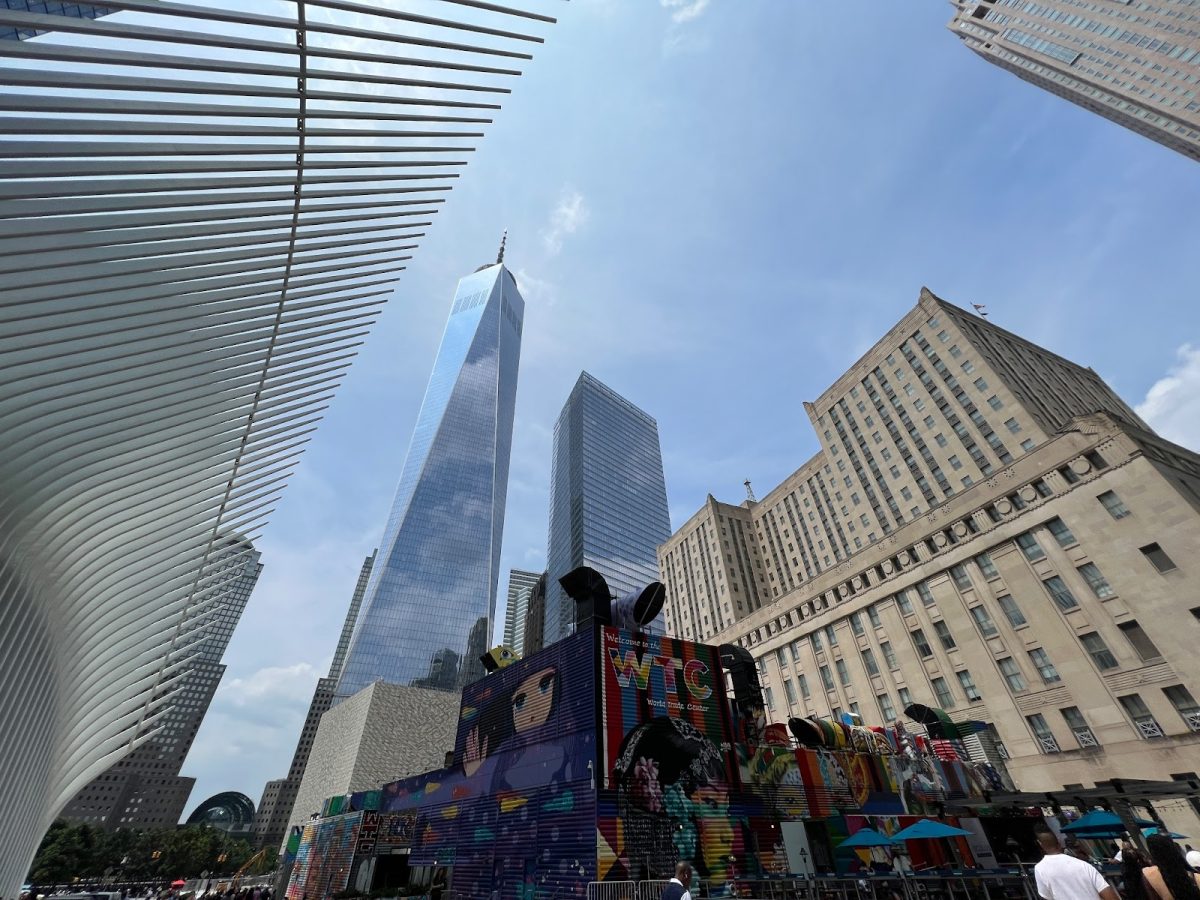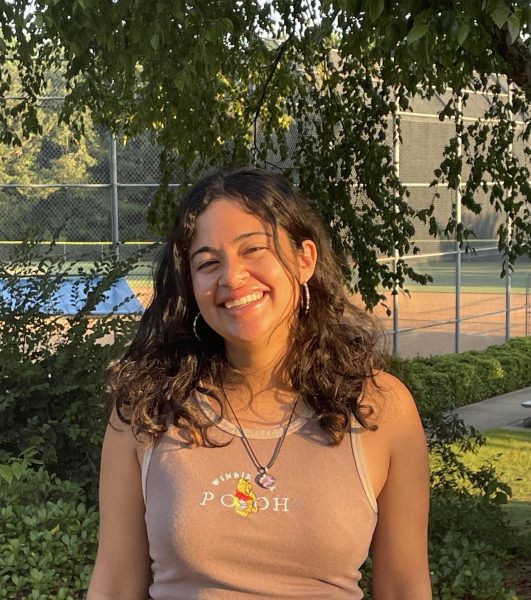The deaths of figures like President John F. Kennedy and Martin Luther King Jr. were mourned heavily in the time that they happened. While the two are remembered for their contributions to the civil rights movement and the reconstruction of America, the personal sentiments of these events have decreased as the years passed.
Generation by generation, first hand accounts turn into second hand accounts. “I was there that day” turns into “my father was there that day” later evolving into “my grandfather was there that day.” Nothing can be fully appreciated or reflected on, if not experienced in the first person. This is seen with the death of historical figures such as John F. Kennedy and Martin Luther King Jr. and can now be seen with a recent historical event, Sept. 11, 2001.
Almost two years into the 21st century, a century seen as a beacon of hope, change and innovation, a tragedy fell upon the United States. According to death tolls and injuries, as reported by worldatlas.com, 9/11 is classified as the deadliest terrorist attack in the nation. Its impact on modern society shifted the security, trust and dynamic within Americans forever.
That being said, for those born after this shift, like majority of Generation Z, people born between the years 1997 and 2012, the gravity of the situation doesn’t so much affect their lives anymore, other than the simple fact that they have learned about it in history class, took a moment of silence or have some sort of personal connection to it, which is often far removed from them.
The oldest group of individuals in Gen Z would have been around five when the attacks on the World Trade Center occurred. The most that one from that time could tell you about that day, is that they were in class and their teacher shut the TV off, or that their mom was crying and they didn’t know why until years later.
Even if they were alive when it happened, young eyes and ears were mostly shielded from this event until it was deemed socially acceptable to tell them of the tragedy. Considering they didn’t have the brain capacity to fully grasp the impacts of the events and how fast these impacts would change the structure of everyday life in America, there was no way for them to experience 9/11 the way the rest of America did.
As a result, the new generation experienced 9/11 through a web of knowledge which included news outlets, textbooks and the stories from older generations. Although this is enough knowledge for someone to know what happened and how it happened, simplistic knowledge cannot substitute for experience. Second hand accounts cannot do justice to the deep sense of grief that enveloped Americans.
Additionally, second hand accounts cannot overshadow the first hand accounts Gen Z acquires everyday. In their lifetime, Gen Z has experienced other soon to be historical events that personally impacted them and their identity.
The 2016 election dictated what most individuals in Gen Z knew about politics while also introducing them to radical party members and supporters. Not only could this be seen in the Trump Rallies which caught mainstream coverage for the aggressiveness of right leaning extremists, but in radical democratic representatives using scare tactics to villainize the right’s policies. This has resulted in radical conformity amongst Generation Z. Many people in this generational group publicly claim political ideologies similar to the extremes they witnessed in 2016.
Extremities such as these carry on into current events as the 2024 election approaches. The aggressive political presence of Gen Z is one of many things that contributes to their unintentional disregard for the events that happened before.
With an incline in mass shootings at high schools and universities, socially progressive laws being overturned, a receding economy and new technological advancements on the horizon, Gen Z’s heavy involvement with current events encompasses their everyday life, decreasing time for them to sit back and reflect on what made their world the way it is in the first place.
Similar to other historical periods, the younger generation is seen as too progressive in the sense of their politics and how easily they can move on from historical events that took place before they were born. Within this pattern, Gen Z gets put into a box, creating a misinterpretation of their thoughtfulness and intelligence.
The post 9/11 world is said to be significantly different than the world before in the sense of security and trust. However, if one generation has only lived to see one of these worlds, there is no way they can truly understand what it is like to lose the other. The sentiment placed on 9/11 is different for Gen Z compared to other generations because as time goes on, this event has become an artifact; a piece of history which people read about and reflect on for the future.
There will always be a divide between how two different generations look at the same thing. With cultural divides and different life experiences, the amount of time one should spend reflecting on a singular event in history becomes subjective to how the impacts of this event affects their everyday lives.
To call this disregarding history is harsh, but it is a hard truth to how humans have evolved. As time passes, events are experienced and retold. As they are retold, they are pushed to the side as background information for current events. While it is happening with Gen Z currently, a disregard of history has always been present in younger generations and will only continue to be present in the years to come.


